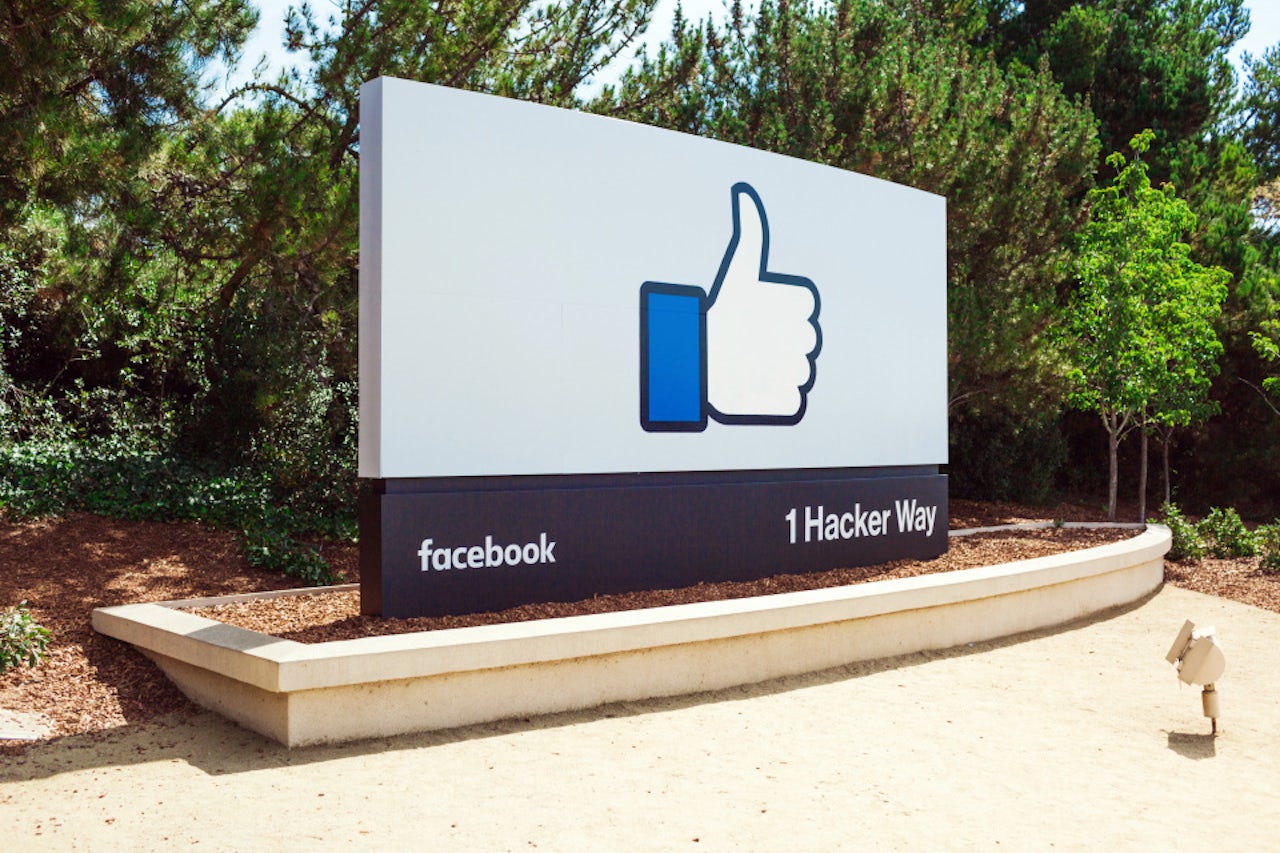The dark heart of shady political activity on Facebook is the part that makes the most money: advertising. After Donald Trump won the presidency in 2016, the company made a series of promises to clean up its act, pressed by outrage over Russian “election interference” (which affected little), the proliferation of fake news (which affected a lot), and the Cambridge Analytica data mining scandal. Over the past three years, you might be terribly surprised to learn, not too much has changed since the 2016 election.
On Thursday, Judd Legum, the former editor-in-chief of ThinkProgress (RIP), laid out how “Facebook quietly changed the language of its advertising policies to make it easier for politicians to lie in ads” in his Popular Information newsletter. What prompted Legum’s inquiry was a Trump campaign ad that claims Joe Biden offered a $1 billion bribe of American aid to the Ukrainian government to can a prosecutor looking into a company on which Biden’s son Hunter serves as a corporate director (the allegation is false on multiple counts). When Legum asked Facebook why Trump was allowed to pay for such a blatant lie to be pumped through the Facebook ad machine, he was told that “political ads are ineligible for fact-checking” (Legum’s phrasing).
Of course, the logic Facebook is using to justify this practice is shot through with contradictions. Most blatantly, as Legum pointed out, Facebook’s top flack Nick Clegg (who used to run the centrist Liberal Democrats party in the UK) told attendees of the Atlantic Festival in Washington that Facebook would fact-check and possibly ban falsehoods from politicians in cases “where we take money.” This turns out not to be the case. In his speech, Clegg claimed that “we do not submit speech by politicians to our independent fact-checkers, and we generally allow it on the platform even when it would otherwise breach our normal content rules.” A moment later, he said Facebook has “more stringent rules on advertising than we do for ordinary speech and rhetoric.” But in a preamble to the speech posted on Facebook, he laid out what this actually means:
We rely on third-party fact-checkers to help reduce the spread of false news and other types of viral misinformation, like memes or manipulated photos and videos. We don’t believe, however, that it’s an appropriate role for us to referee political debates and prevent a politician’s speech from reaching its audience and being subject to public debate and scrutiny. That’s why Facebook exempts politicians from our third-party fact-checking program. We have had this policy on the books for over a year now, posted publicly on our site under our eligibility guidelines. This means that we will not send organic content or ads from politicians to our third-party fact-checking partners for review. However, when a politician shares previously debunked content including links, videos and photos, we plan to demote that content, display related information from fact-checkers, and reject its inclusion in advertisements.
That last claim, weak as it is, doesn’t even seem to matter: In late September, as Legum points out, two of Facebook’s approved fact checkers “clearly concluded that Trump's claim about Biden was false.” Nonetheless, the ads have continued to run.
This is terrifically convenient for Facebook in two ways. The first is that political ads, particularly those from the Trump campaign (and, presumably, Republican imitators further down the ballot), are really good business for Facebook. In the 2016 election cycle, the Trump campaign spent roughly tens of millions of dollars on Facebook ads. In the last week alone, the Trump campaign has spent over $1 million on Facebook, on anti-impeachment ads like the one pushing the false story of Biden’s Ukrainian bribe.
The second benefit this provides to Facebook is perhaps more pernicious. Ever since it was first reported in 2016 that Facebook contract workers allegedly “censored” conservative news headlines, GOP politicians and pundits have bleated on and on about Silicon Valley’s platform bias against conservatives (nevermind that Facebook is far better at disseminating right-wing bullshit than any left-wing alternative). This is what has led Facebook to do things like grovel at the feet of Glenn Beck, and to bring conservative rags like The Daily Caller and the Weekly Standard (good riddance, lol) on as fact-checking partners. Facebook, cognizant that Republicans in Congress and the White House are now talking a big game about regulating Silicon Valley’s supposed liberal bias, gets to shield its naked profiteering with claims of political even-handedness. The Democratic National Committee, as you might imagine, is exasperated, but apparently unheard.
Three years ago, it could have been argued, that Facebook, like the rest of the business and political establishment, was caught blind-sided by Trump’s sudden rise and victory. Sure, they made good money off Trump headlines, but so did CNN, the Washington Post, and the New York Times. But whatever naivete Facebook could have more credibly faked back then can be dismissed even more quickly now. They’re simply happy to make money.
